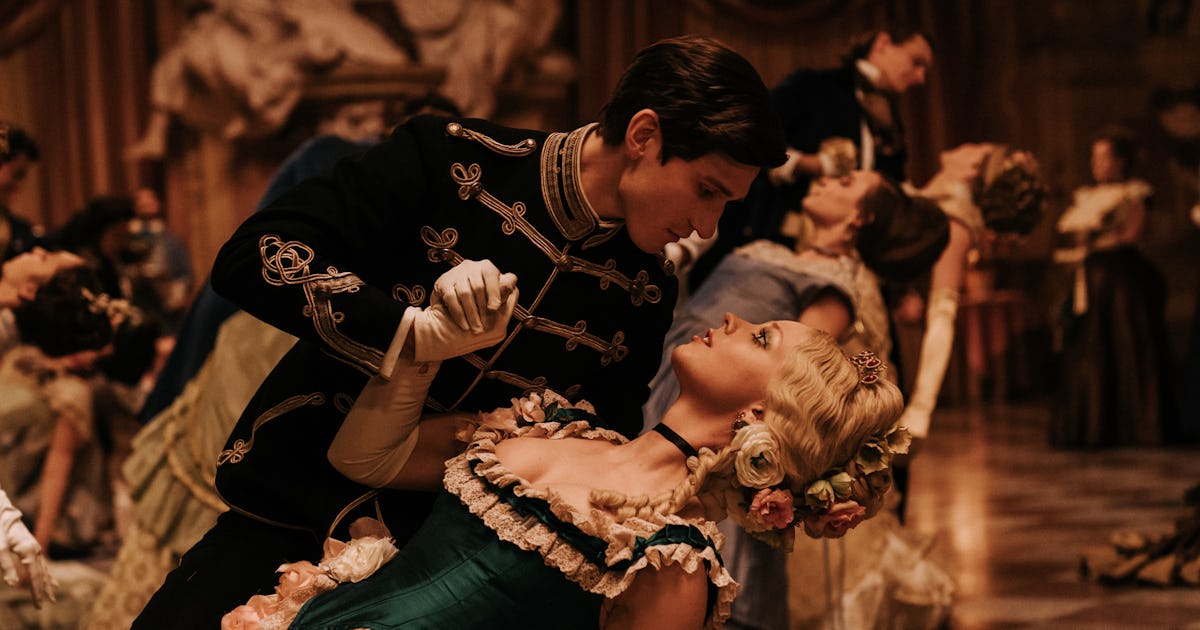
""I have myself lived under the burden of feeling ugly under the tyranny of beauty," Blichfeldt tells Inverse. The more she "tried and failed to fit in," the more she found herself relating to the desperation driving Cinderella's stepsisters."
"Blichfeldt poured that feeling into her unconventional, tragic heroine, Elvira (Lea Myren), who goes to bonkers lengths to win the prince's affections. The Ugly Stepsister channels Cronenbergian body horror and Scandinavian provocateurs like Lars Von Trier in depicting Elvira's descent."
"Its seamless mix of heady fantasy and black humor naturally entranced audiences when The Ugly Stepsister debuted at Sundance earlier this year. As it makes its way to Shudder, Blichfeldt sits down with Inverse to explore her influences."
"In Emilie Blichfeldt's genre-bending take on the fairy tale, the stepsisters are shown as victims of the patriarchy, challenging traditional narratives of beauty and self-worth."
In her innovative retelling, Emilie Blichfeldt shifts the perspective of Cinderella's stepsisters from villains to victims, critiquing societal beauty standards. The film, 'The Ugly Stepsister,' intertwined with elements of body horror and dark humor, follows tragic heroine Elvira (Lea Myren) as she struggles for acceptance and love. Blichfeldt, inspired by her personal experiences of societal pressure around beauty, aims to resonate with audiences by deepening the characters' narratives, thus transforming the archetypical fairy tale into a poignant commentary on feminism and identity, capturing attention at festivals like Sundance.
Read at Inverse
Unable to calculate read time
Collection
[
|
...
]